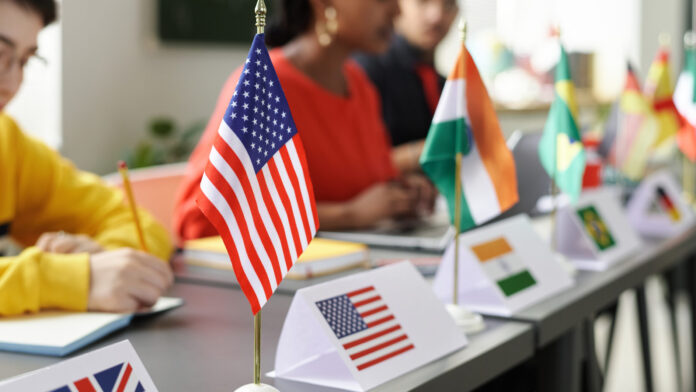Global elections in major democracies have a ripple effect far beyond their borders. For a strategically located country like Sri Lanka, the political shifts in capitals such as Washington, Delhi, London, and Tehran influence its foreign policy priorities, trade relations, and diplomatic alliances. Understanding these electoral outcomes is critical to anticipating changes in aid, investment flows, and geopolitical alignments.
In the United States, the 2024 presidential and congressional elections have reaffirmed a bipartisan consensus on maintaining strategic competition with China while deepening partnerships in the Indo-Pacific. For Sri Lanka, this translates into continued US engagement on maritime security, development aid, and trade preferences. However, political polarization in Washington means that support can fluctuate, and Sri Lanka must navigate these uncertainties carefully.
India’s 2024 general election reinforced the ruling party’s mandate to pursue a more assertive regional role. New Delhi’s focus on infrastructure development, connectivity projects, and counterterrorism aligns closely with Sri Lanka’s interests. Enhanced bilateral cooperation under frameworks like the India–Sri Lanka Economic Partnership and regional initiatives such as the Bay of Bengal Initiative offer pathways for deepened integration.
Meanwhile, the United Kingdom’s post-Brexit foreign policy emphasizes trade
diversification and Commonwealth partnerships. Sri Lanka stands to benefit from renewed trade agreements, educational ties, and diaspora engagement initiatives as London seeks closer relations with South Asia.
In the Middle East, Iran’s political landscape continues to evolve amidst sanctions and regional tensions. Elections and leadership changes there affect energy supply and regional security dynamics, both critical for Sri Lanka’s import-dependent economy and diaspora connections.
Sri Lanka’s foreign policy must be agile to these external developments. It requires building strong diplomatic channels, diversifying partnerships beyond traditional allies, and leveraging its geographic and cultural assets. Engaging with emerging global powers and middle powers alike can help safeguard economic interests and strategic autonomy.
In a world of shifting alliances and political flux, Sri Lanka’s ability to read electoral outcomes and adjust its foreign policy accordingly will be vital to maintaining stability, attracting investment, and projecting influence in the region.




